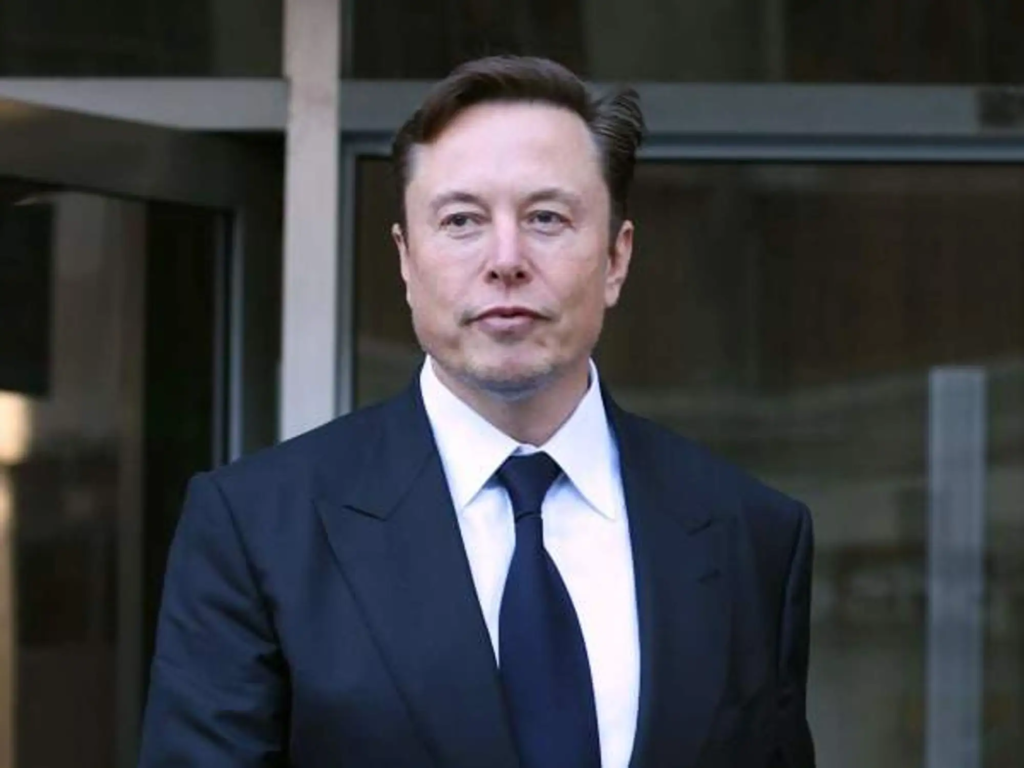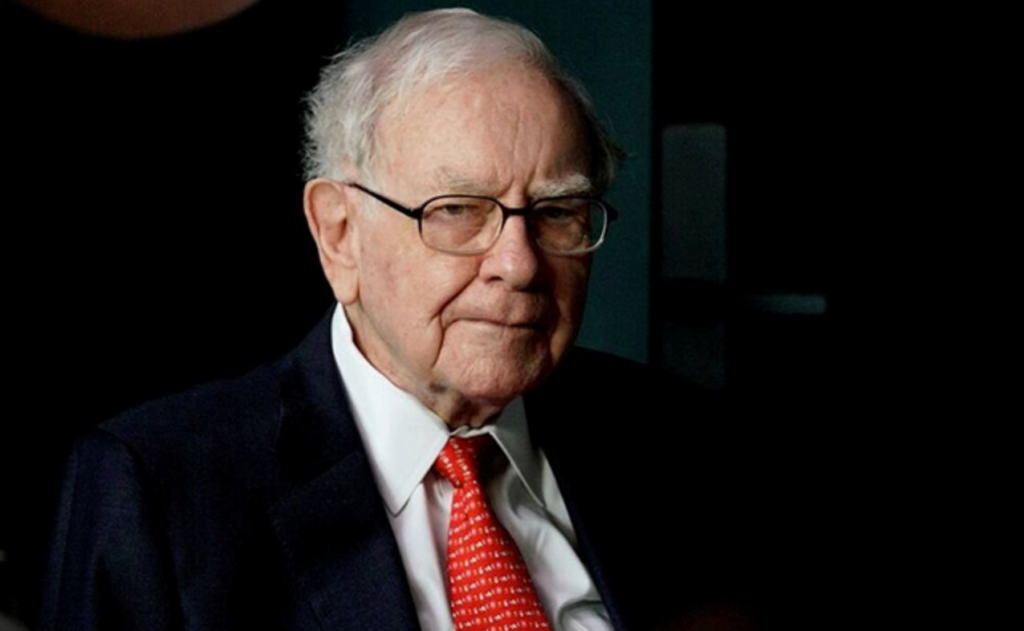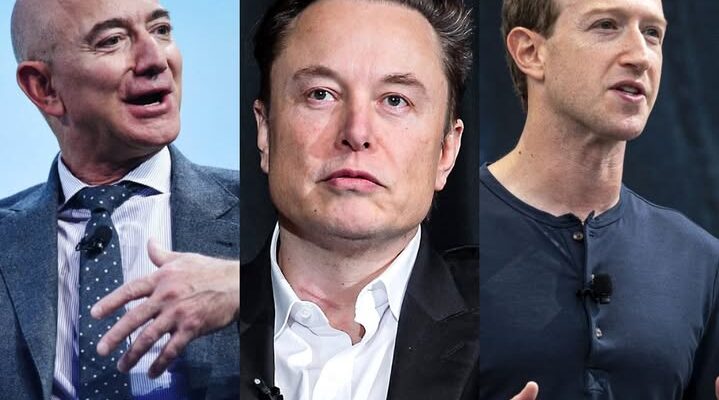
In a week marked by market chaos and staggering losses among the world’s wealthiest tech titans, one figure emerged as an exception—not because he was untouched by the turmoil, but because he saw it coming. While Elon Musk, Jeff Bezos, and Mark Zuckerberg each saw tens of billions wiped from their fortunes, Warren Buffett, the “Oracle of Omaha,” weathered the storm and even managed to keep his gains for the year in the green.
It all began on April 2, when U.S. President Donald Trump announced a sweeping package of new tariffs targeting over 100 countries, including a 54% tariff on Chinese imports and a 20% tariff on goods from the European Union. The markets responded instantly and violently. Within hours of the announcement, global equities plummeted, and some of the biggest names in tech watched their personal fortunes melt away.
The biggest loser on the day was Elon Musk, CEO of Tesla Inc. (NASDAQ: TSLA) and SpaceX, whose net worth dropped by a stunning $19.9 billion in a single session. The one-day loss added to Musk’s already challenging year, bringing his total year-to-date losses to $130 billion and his net worth down to $302 billion, according to the Bloomberg Billionaires Index.

Jeff Bezos, founder and executive chairman of Amazon.com, Inc. (NASDAQ: AMZN), also took a heavy hit, losing $7.59 billion in the market selloff. His year-to-date losses now stand at $45.2 billion, as Amazon shares struggled amid renewed concerns over global supply chains and rising input costs.
Meanwhile, Meta Platforms Inc. (NASDAQ: META) CEO Mark Zuckerberg watched $9.44 billion vanish from his fortune in a single day, bringing his total losses in 2025 to $28.1 billion.
The tech sector’s massive exposure to global trade, complex supply chains, and investor expectations for high growth made it particularly vulnerable to geopolitical shocks. As markets priced in the risk of retaliatory tariffs, trade slowdowns, and rising inflation, tech stocks led the downturn.
The selloff wasn’t confined to Silicon Valley. In Europe, Bernard Arnault, chairman of luxury conglomerate LVMH Moët Hennessy Louis Vuitton (OTC: LVMHF), lost $5.23 billion as LVMH shares plunged on the Paris Stock Exchange. Arnault, whose empire spans dozens of high-end fashion and lifestyle brands, is highly dependent on international consumer demand—especially from China.

Tariffs threatened to choke off access to key markets, sending investors fleeing from luxury retail.
Elsewhere, some of tech’s biggest historical figures also felt the sting. Larry Ellison, Larry Page, Sergey Brin, Steve Ballmer, and Bill Gates all posted multi-billion-dollar losses in the span of 24 hours. With portfolios heavily tied to the fortunes of companies like Oracle, Alphabet, and Microsoft, these billionaires were unable to escape the global market rout.
And yet, amidst the financial wreckage, Warren Buffett stood apart. While he did register a $10.7 billion loss during the market plunge, he remains one of the few top billionaires whose net worth is still positive for the year—up $12.7 billion as of early April.

The contrast is striking, especially considering Buffett’s age and traditional investment strategy. At 92, Buffett may not run a tech company or launch rockets, but his long-standing principles of value investing, cautious capital deployment, and economic foresight have once again proven their merit.
The key to Buffett’s current resilience lies in a set of bold, seemingly contrarian moves he made in 2024, when others were chasing record gains.
Throughout 2024, Buffett’s Berkshire Hathaway (NYSE: BRK.A) made several dramatic adjustments to its portfolio:
Sold off $134 billion in equities, significantly reducing exposure to an overheated stock market.
Halted all stock buybacks in the second half of the year, preserving capital rather than inflating share prices.
Allowed cash reserves to swell to $334 billion, an all-time high for the conglomerate.
Trimmed Berkshire’s massive Apple Inc. (NASDAQ: AAPL) position from 49% of the equity portfolio to just 23%.
Reduced holdings in Bank of America, just ahead of the financial sector’s recent slide.



